Bangla English Arabic Calendar 2025: A Comprehensive Guide
Related Articles: Bangla English Arabic Calendar 2025: A Comprehensive Guide
- Calendario 2025 01 UPC: A Comprehensive Guide
- Calendario Laboral Zaragoza 2025: A Comprehensive Guide
- F1 Calendar 2025: Download Outlook For The Upcoming Season
- Ramadan 2025: A Comprehensive Calendar And Guide
- DOE School Calendar 2023-24: A Comprehensive Guide For New York City Students And Families
Introduction
With enthusiasm, let’s navigate through the intriguing topic related to Bangla English Arabic Calendar 2025: A Comprehensive Guide. Let’s weave interesting information and offer fresh perspectives to the readers.
Table of Content
- 1 Related Articles: Bangla English Arabic Calendar 2025: A Comprehensive Guide
- 2 Introduction
- 3 Video about Bangla English Arabic Calendar 2025: A Comprehensive Guide
- 4 Bangla English Arabic Calendar 2025: A Comprehensive Guide
- 4.1 Understanding the Bangla Calendar
- 4.2 Understanding the English Calendar
- 4.3 Understanding the Arabic Calendar
- 4.4 The Bangla English Arabic Calendar 2025
- 4.5 Benefits of Using the Bangla English Arabic Calendar 2025
- 4.6 How to Use the Bangla English Arabic Calendar 2025
- 4.7 Conclusion
- 5 Closure
Video about Bangla English Arabic Calendar 2025: A Comprehensive Guide
Bangla English Arabic Calendar 2025: A Comprehensive Guide
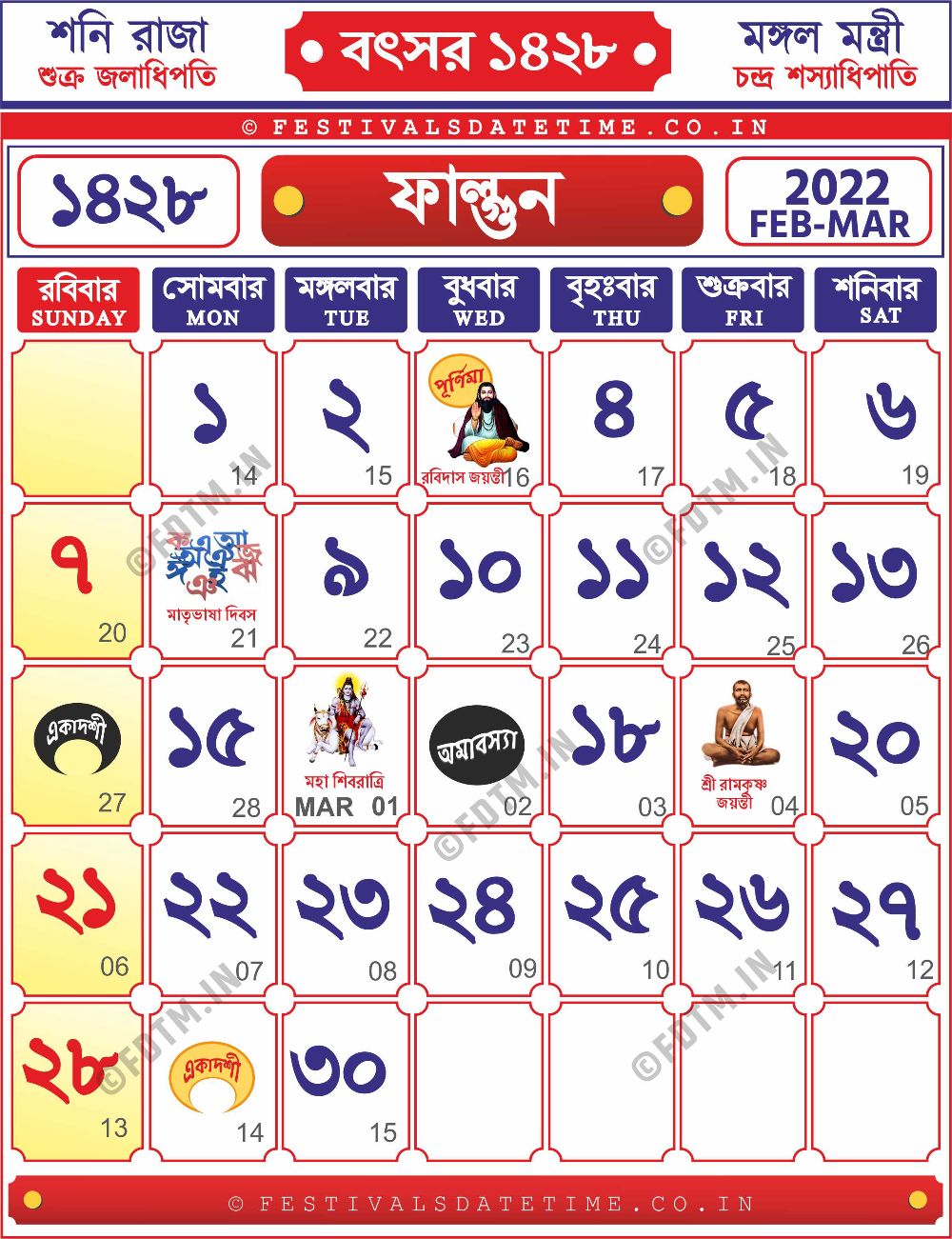
The Bangla English Arabic Calendar 2025 is a valuable resource for individuals who need to track dates and events across multiple cultural and religious calendars. This comprehensive calendar provides a detailed overview of the upcoming year, including significant holidays, festivals, and observances from each respective culture.
Understanding the Bangla Calendar
The Bangla calendar, also known as the Bengali calendar, is the official calendar of Bangladesh and the Indian state of West Bengal. It is a lunisolar calendar, meaning it follows both the lunar and solar cycles. The Bangla year begins on the first day of the Bengali month of Boishakh, which typically falls in mid-April.
The Bangla calendar is divided into 12 months, each with 30 or 31 days. The months are named after the corresponding zodiac signs, with the exception of the first month, which is named Boishakh. The Bangla year is also divided into six seasons, each with its own unique characteristics and festivals.
Understanding the English Calendar
The English calendar, also known as the Gregorian calendar, is the most widely used calendar in the world. It is a solar calendar, meaning it follows the Earth’s orbit around the Sun. The English year begins on January 1st and is divided into 12 months, each with 30 or 31 days. The exception is February, which has 28 days (or 29 days in leap years).
Understanding the Arabic Calendar
The Arabic calendar, also known as the Islamic calendar, is the official calendar of most Muslim-majority countries. It is a lunar calendar, meaning it follows the phases of the Moon. The Arabic year begins on the first day of the Islamic month of Muharram, which typically falls in late August or early September.
The Arabic calendar is divided into 12 months, each with 29 or 30 days. The months are named after their corresponding lunar phases, with the exception of the first month, which is named Muharram. The Arabic year is also divided into four seasons, each with its own unique characteristics and festivals.
The Bangla English Arabic Calendar 2025
The Bangla English Arabic Calendar 2025 provides a comprehensive overview of the upcoming year, including significant holidays, festivals, and observances from each respective culture. The calendar is designed to help individuals plan their schedules and stay informed about important dates and events.
The calendar includes the following information:
- The Bangla, English, and Arabic dates for each day of the year
- The corresponding day of the week
- Significant holidays, festivals, and observances from each culture
- The corresponding lunar phase for each day (for the Arabic calendar)
- The corresponding zodiac sign for each day (for the Bangla calendar)
Benefits of Using the Bangla English Arabic Calendar 2025
The Bangla English Arabic Calendar 2025 offers several benefits, including:
- Enhanced Cultural Awareness: The calendar provides insights into the cultural traditions and observances of different cultures.
- Improved Time Management: The calendar helps individuals plan their schedules and stay informed about important dates and events.
- Increased Productivity: By staying organized and aware of upcoming events, individuals can maximize their productivity and efficiency.
- Enhanced Communication: The calendar facilitates communication and collaboration between individuals from different cultural backgrounds.
How to Use the Bangla English Arabic Calendar 2025
The Bangla English Arabic Calendar 2025 is available in both print and digital formats. The print version is available at bookstores and online retailers. The digital version is available as a PDF file, which can be downloaded and printed or viewed on a computer or mobile device.
To use the calendar, simply select the desired date and view the corresponding information for each culture. The calendar can be used for a variety of purposes, including:
- Planning events and appointments
- Scheduling meetings and conferences
- Tracking religious holidays and festivals
- Understanding cultural traditions and observances
Conclusion
The Bangla English Arabic Calendar 2025 is a valuable resource for individuals who need to track dates and events across multiple cultural and religious calendars. This comprehensive calendar provides a detailed overview of the upcoming year, including significant holidays, festivals, and observances from each respective culture. By using this calendar, individuals can enhance their cultural awareness, improve their time management, increase their productivity, and enhance their communication skills.
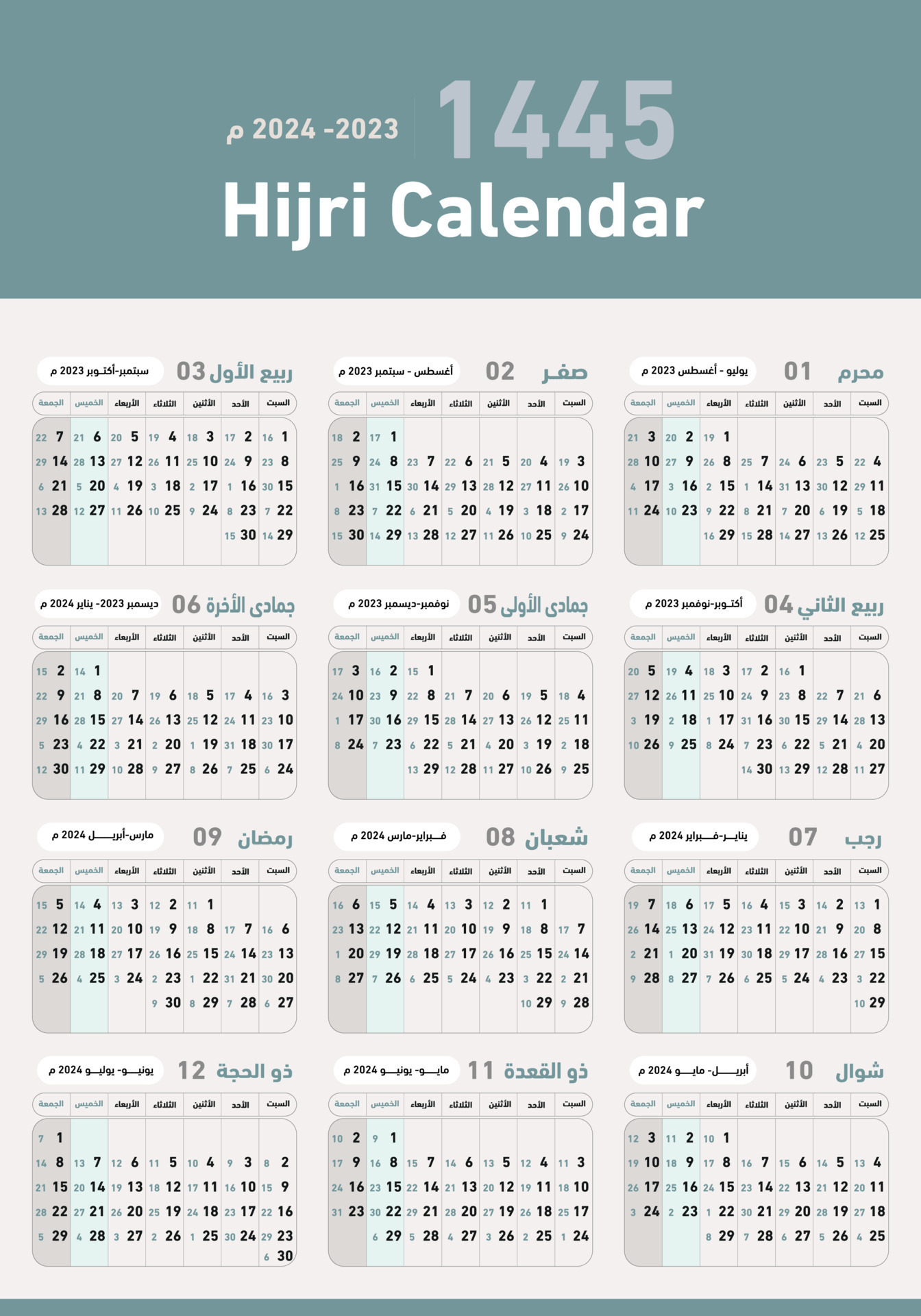
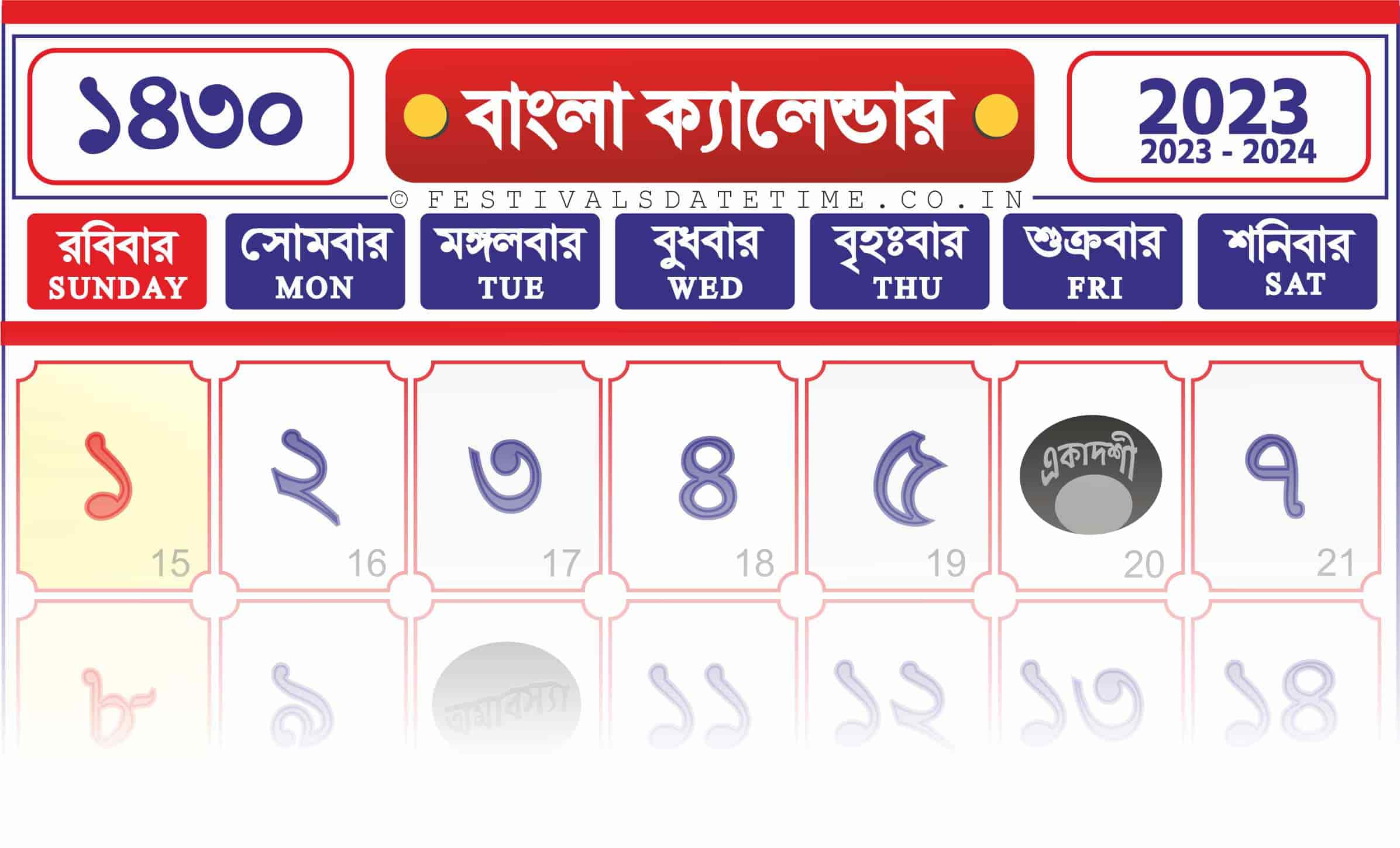


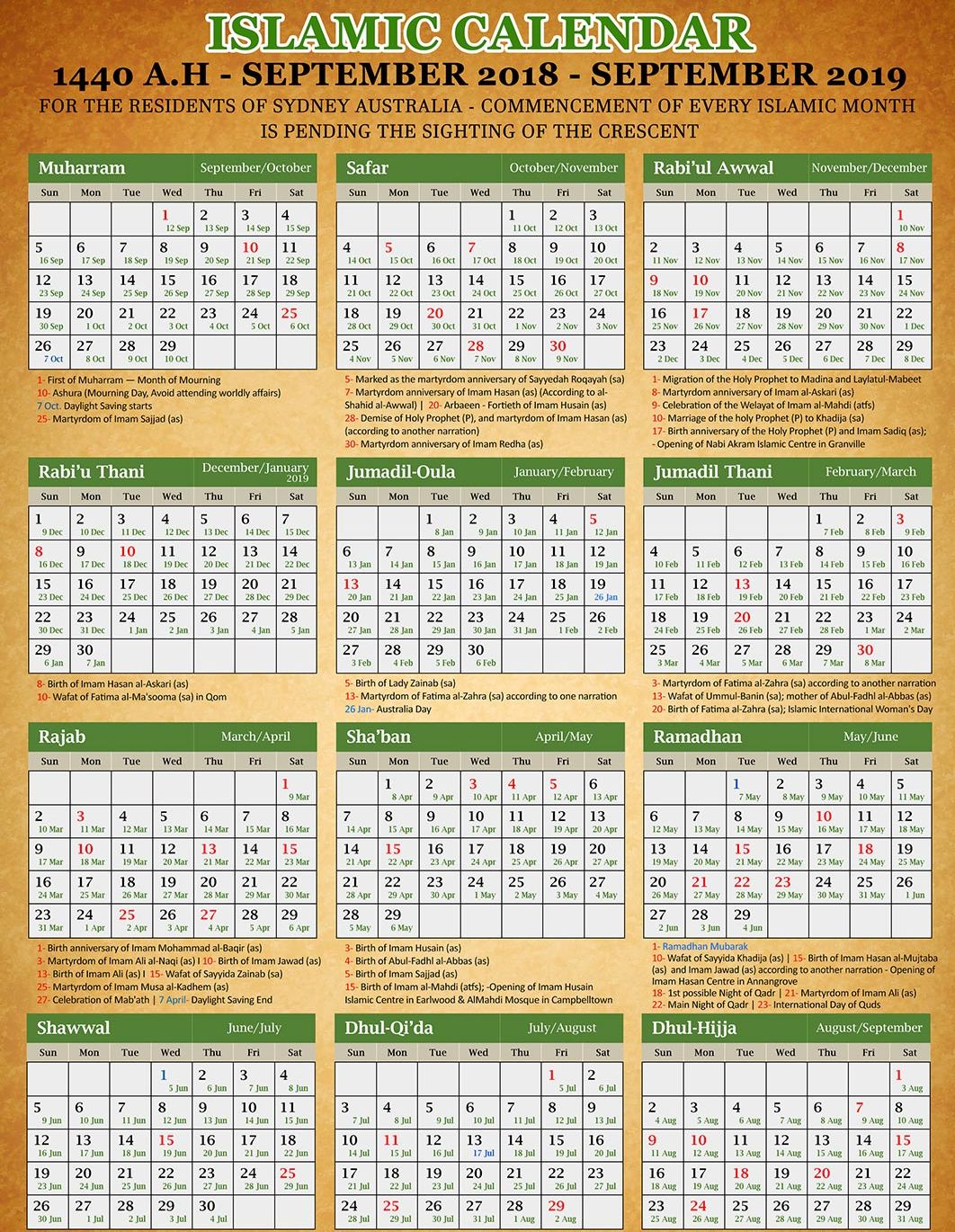


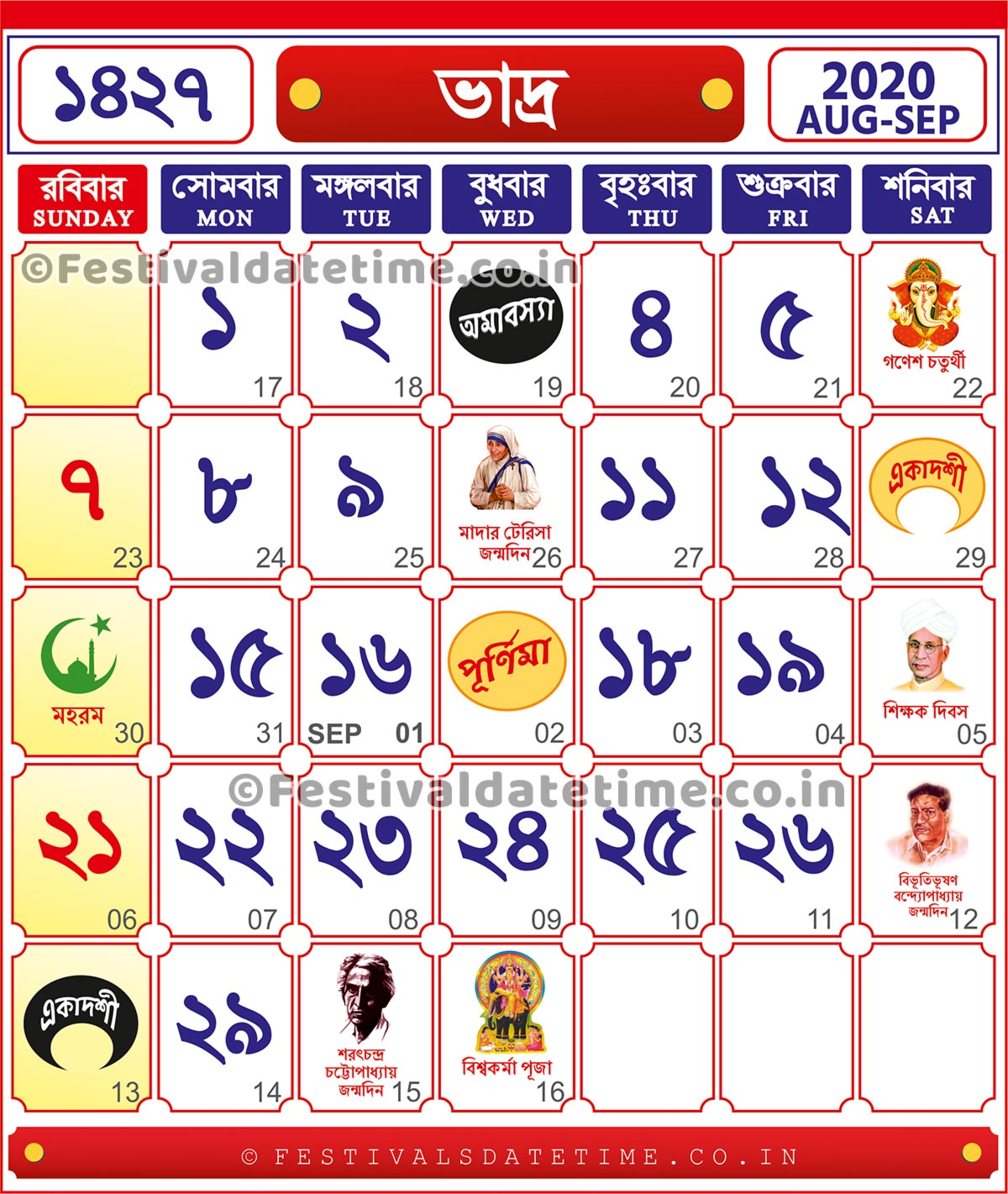
Closure
Thus, we hope this article has provided valuable insights into Bangla English Arabic Calendar 2025: A Comprehensive Guide. We appreciate your attention to our article. See you in our next article!